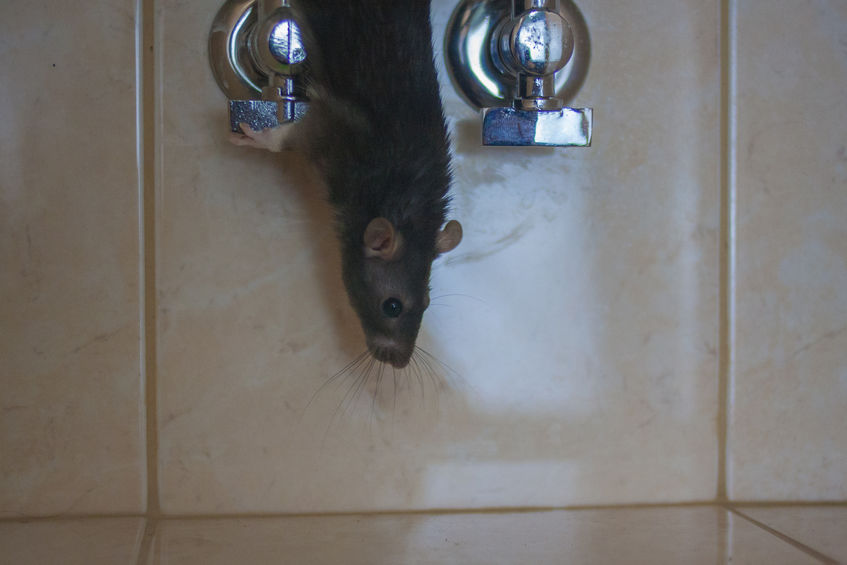Fill out the form below and a Cypress Creek representative will be in touch with you about your pest control needs.
BLOG

Essential Information About Rats
Rats are medium-sized rodents that originally hail from Asia. They are currently found on almost every continent, with over 60 species of known rats. The rat species that we are most familiar with will usually grow to be larger than 8 inches, with the largest species being the Bosavi woolly rat, which can reach the size of a cat – about 32 inches when you include the tail, with a weight of 3.3 pounds. The smallest rat species are no shorter than 5 inches, and the Osgood’s Vietnamese rat would fall into this category
Habitat
Rats are adapted to a huge variety of environments, as long as they get to live near humans, from the desert to the savannah and tundra. The most common rat species are the brown rats and the house rats, which have travelled with us by boat all over the world. Different species will also have different nesting behaviors and will prefer different nesting locations.
Behavior
A rat lives to forage and reproduce. These rodents are nocturnal, although some rat species will shift their sleeping schedule depending on a variety of conditions, including the presence of food, nest overpopulation and others. Rats also have a social structure, with either one dominant male at the top, or several dominant males in a single pack.
Diet
Rats have an omnivorous diet, which means that they can eat both plants and meat. In fact, they prefer pretty much the type of food that we prefer, which is why the relationship between us and them works so well for the rats. They can scavenge through the trash and find food, go through fields and eat seeds, eat insects, eggs, reptiles and even birds and mice.
Reproduction
Rats are prolific breeders. A female rat can give birth 22 babies at once after a gestation period that lasts between 21 to 26 days. Not only that, but a rat reaches sexual maturity at three months, so a couple of rats can quickly turn into a huge infestation if they are not removed from the property quickly.
If you have noticed signs that there is an infestation in your home, you can use traps and poisons to get rid of it. However, as infestations get larger, you will need more complex methods to get them under control. This is where we come in. Contact us today if you need help removing a rat infestation.

